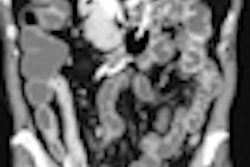The global burden of breast cancer is increasing and requires more urgent action, according to the World Breast Cancer Report 2012 published by the International Prevention Research Institute headquartered in Lyon, France.
The increase in diagnosed cases of breast cancer has increased 3.1% annually during the past 30 years. An estimated 1.6 million cases are expected to be diagnosed in 2012 compared with approximately 640,000 worldwide in 1980.
A key finding from the report is that significant disparities exist between higher- and lower-income countries, as well as between rich and poor women in high-income countries in all aspects of breast cancer diagnosis, treatment, and outcomes.
Women in lower-income countries do not have the same access to medical facilities for early detection and treatment of cancer as in higher-income countries. At least half of these women only seek medical attention when breast cancer is at an advanced stage and has metastasized. While the majority of new cases are diagnosed among women in industrialized countries, the number of deaths from the disease is now equally split between developed and developing countries.
The report also notes that treatment and outcome disparities exist among economic classes of women. In the U.S., low-income women have a higher death rate than wealthier ones. The report stated in the general population African-American women tend to be diagnosed at a more advanced stage, and may be less likely to have access to appropriate therapy.
The Susan G. Komen for the Cure organization, headquartered in Dallas, TX, provided an unrestricted educational grant to the International Prevention Research Institute to research and publish the World Breast Cancer Report 2012.



















